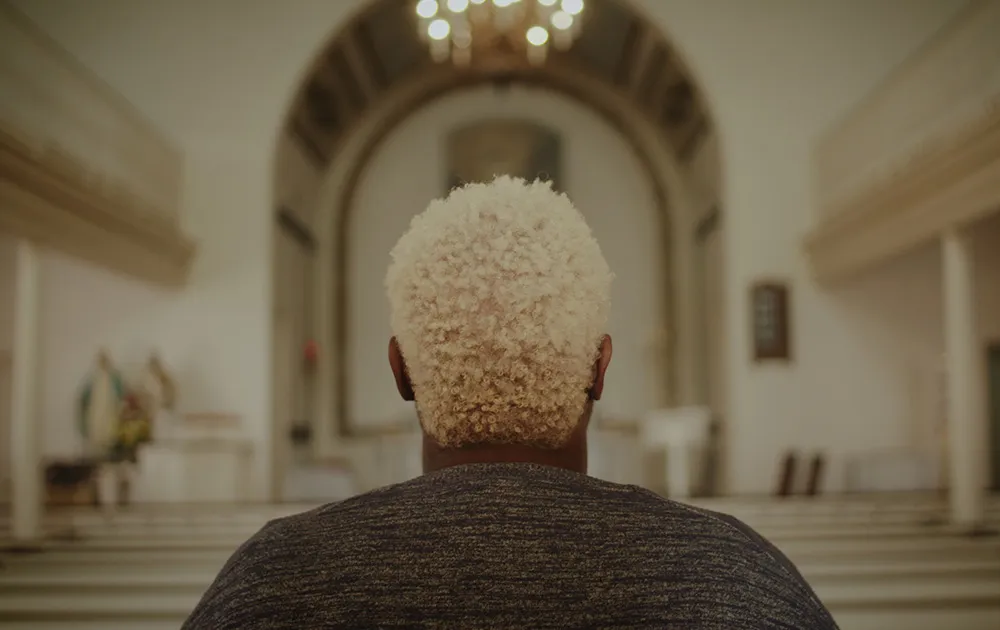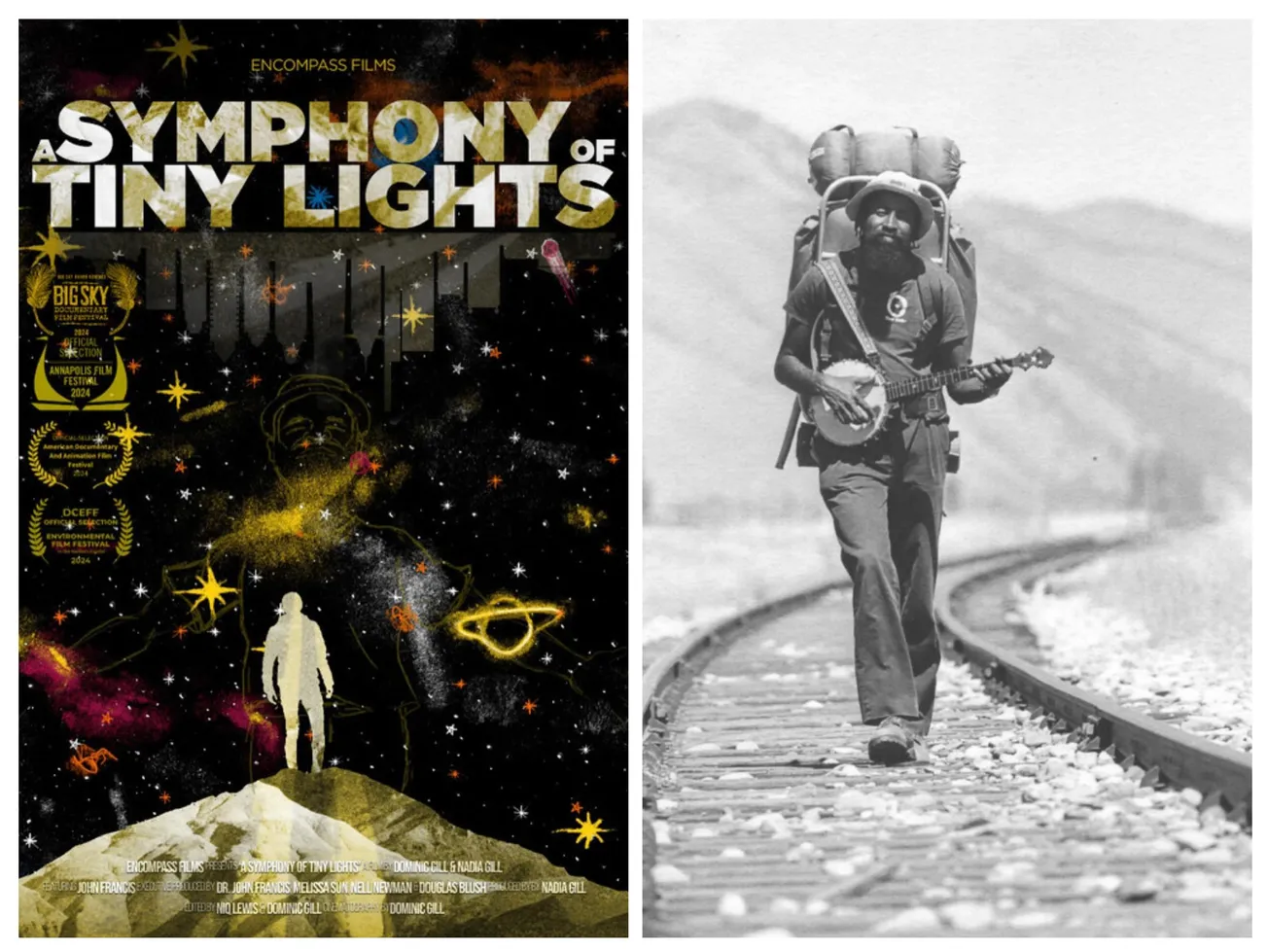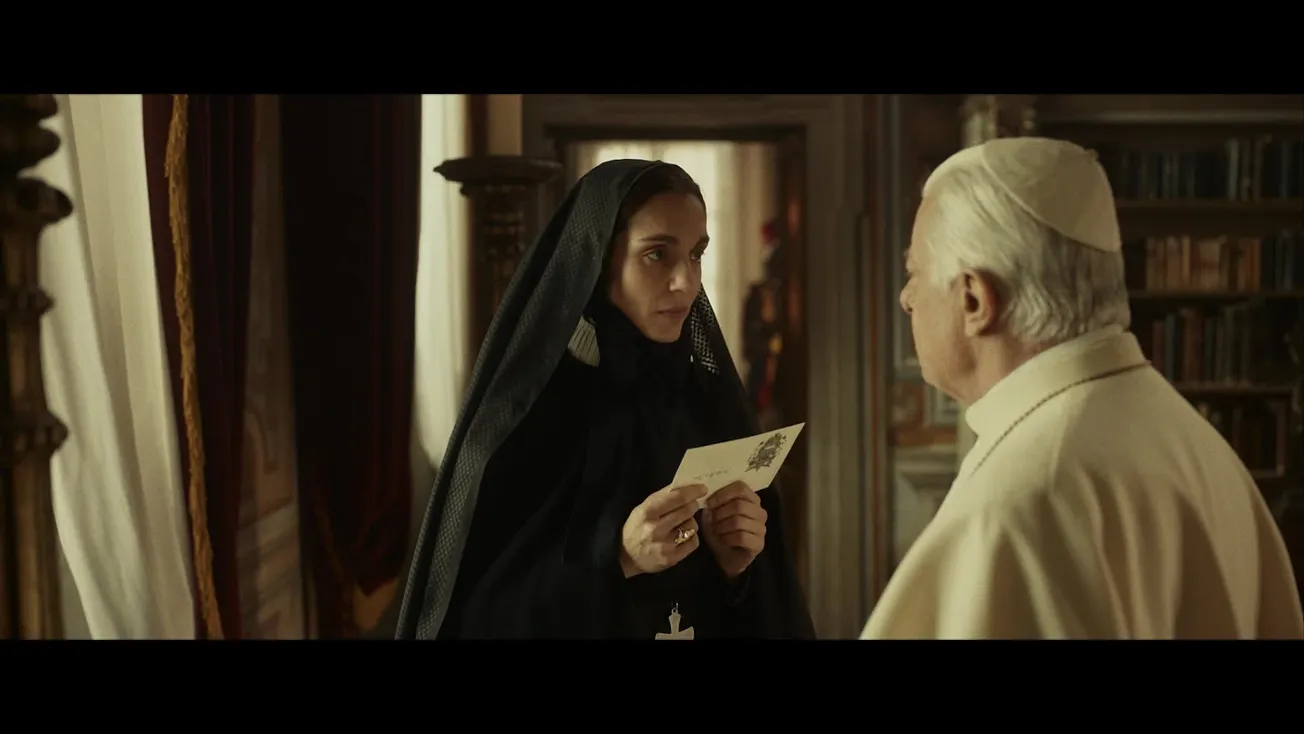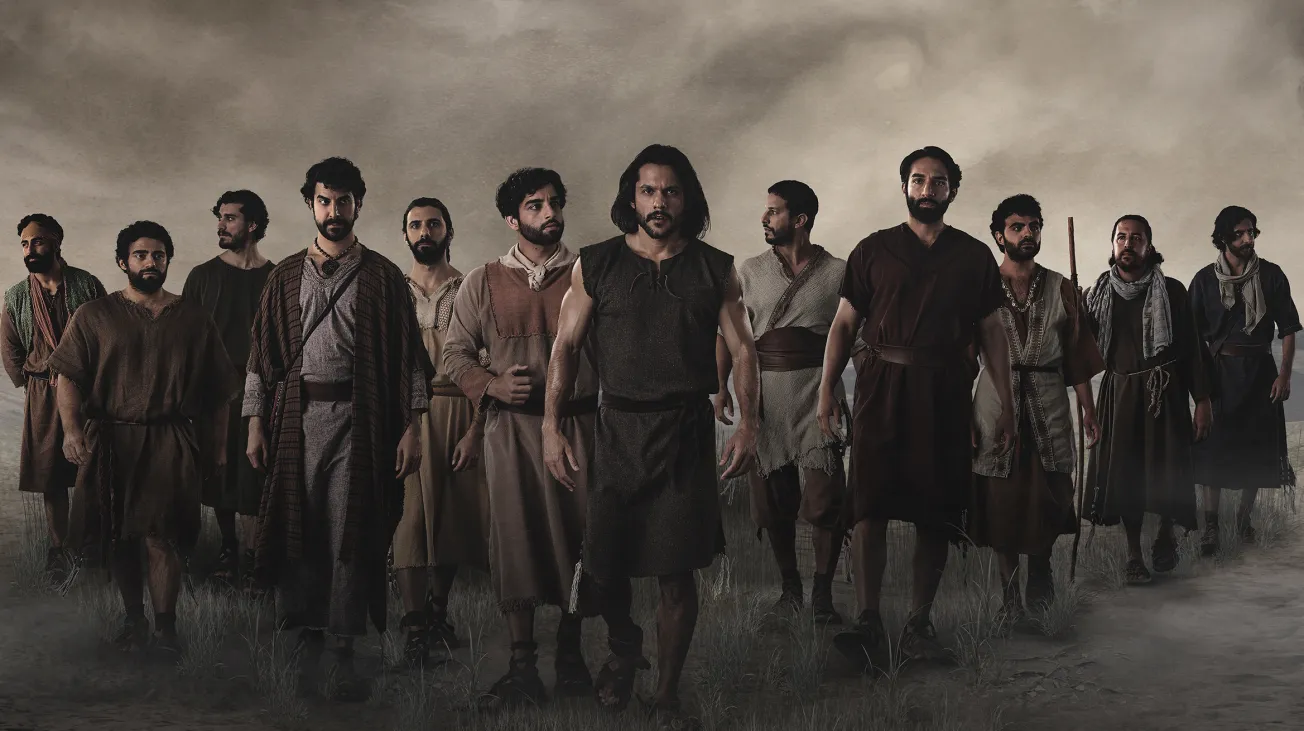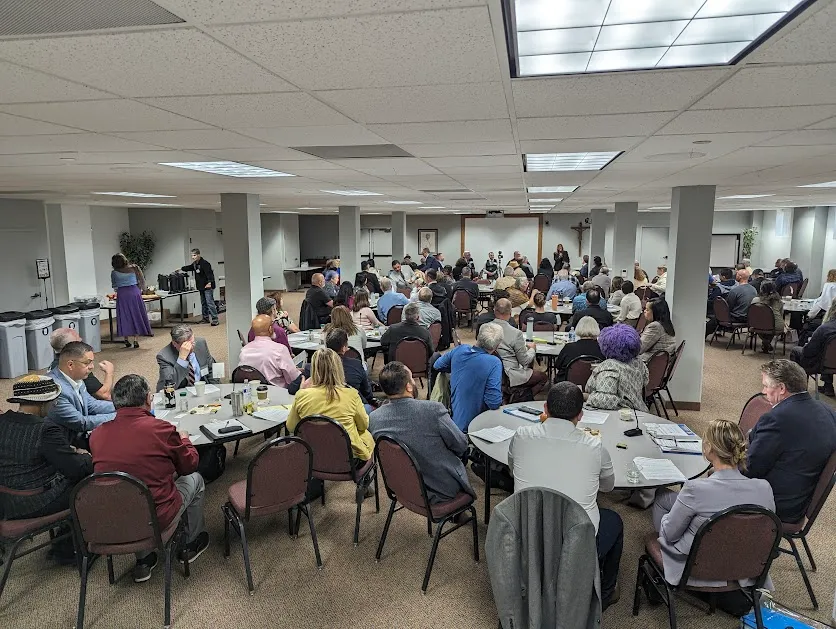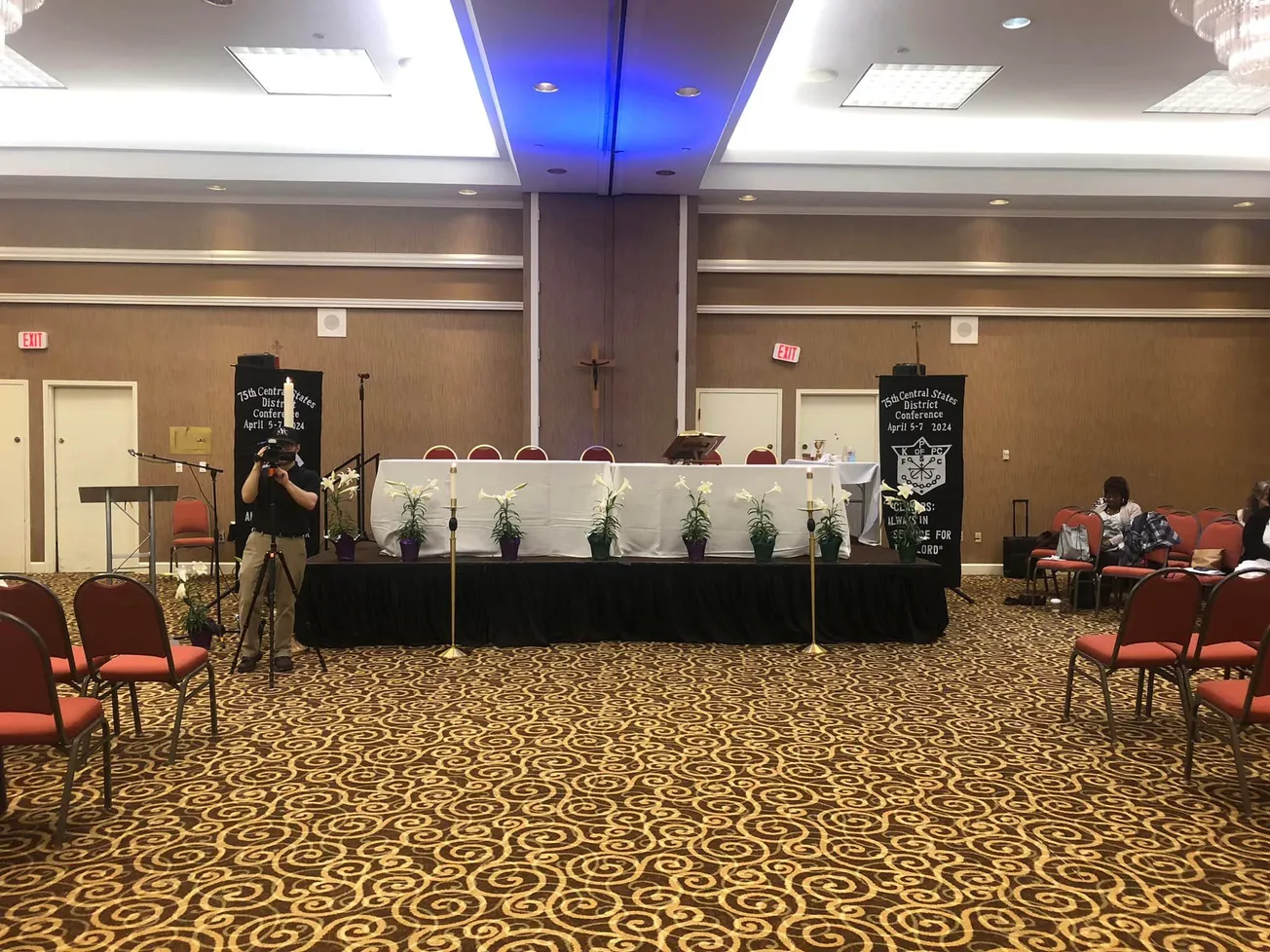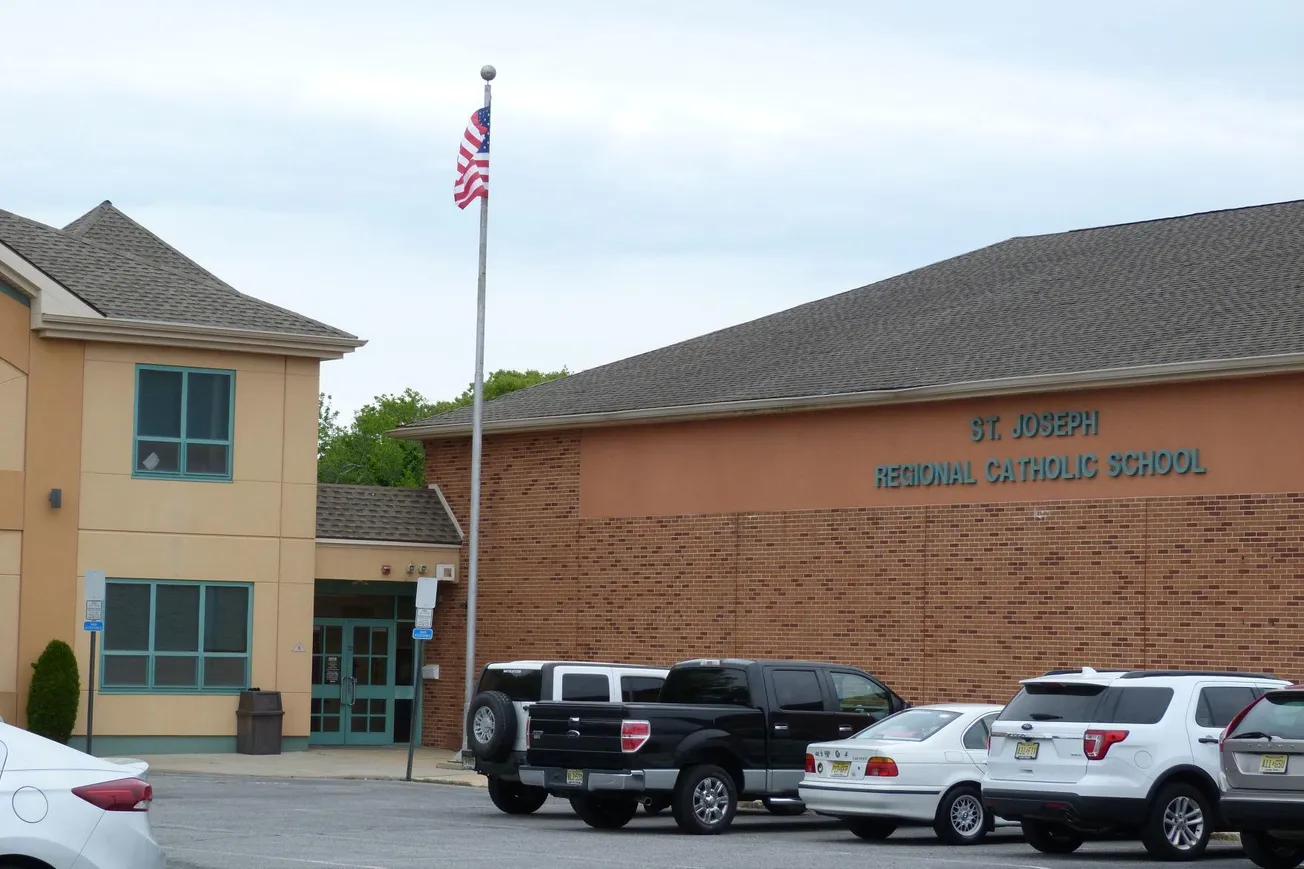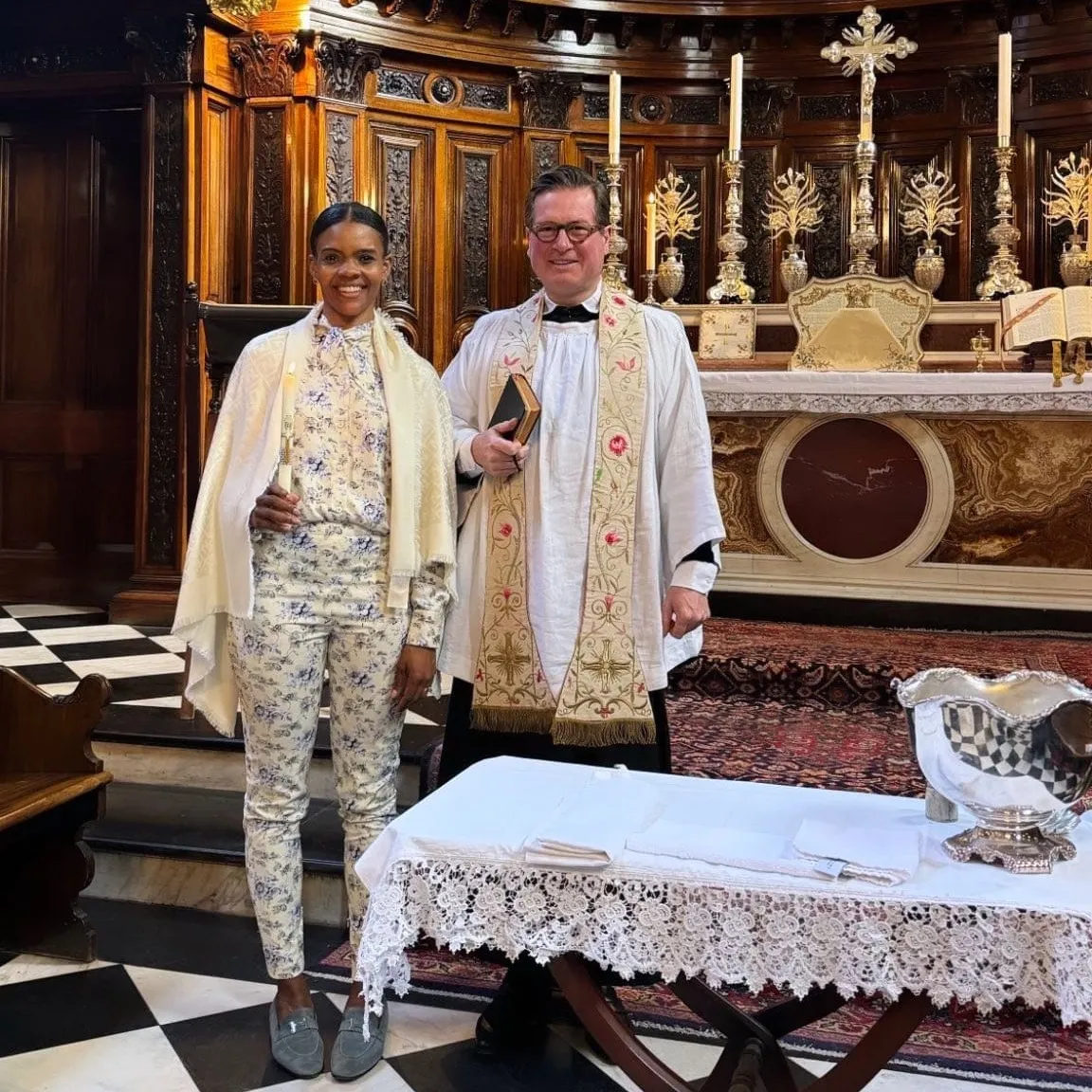By now, most people interested in the history of the U.S. Catholic Church know that, in 1838, the nation’s largest religious order—the Society of Jesus, also known as the Jesuits—sold a Maryland group of 272 enslaved African-American men, women, and children to save the fledgling Georgetown University.
Somewhat less known is the story of their descendants, today scattered around the country without full knowledge of their ancestors’ stories, struggles, or successes in their struggle against Church-sponsored bondage and mistreatment.
The short film “Finding Us,” from director Kathryn Carlson, covers that unwieldy topic through the eyes of several descendants and an ally of no small importance (who also helped produce the film).
For all its brevity at 13 minutes long, the film is no less than breathtaking, with poignant directing and editing. The story itself is striking in its raw, unfiltered luck at the mindsets and emotions of the people most strongly affected today by the 1838 sale.
Locales familiar to the sordid tale—rivers crossed by slave ships, forests used for hiding from the slave block, churches where the perpetrators worshiped—are placed in juxtaposition with the very men and women whose ancestors were found in them during an era of abject incongruity. This particular aspect of the film is probably its strong suit.
Adding to the gravity are representations of the documents, historical and sacramental, detailing the names, activities, and religion of the enslaved. Many or most of them were baptized as Catholics by their Jesuit masters.
Several characters in the film continue to practice that religion, as do many of the descendants whose ancestors were trafficked to Louisiana with the GU272. Others whose ancestors remained enslaved in Maryland and Washington are also featured prominently in “Finding Us,” whose main locale is the North.
“The Jesuits came to America in search of religious freedom,” says Negest Rucker in the film, while appearing to pray in one of the order’s churches.
“I don't know how they could, in turn, steal someone else’s.”
Though one might be tempted to think the film is an overview of the perspectives of all who are linked to the ordeal, descendants and Jesuits alike, the film’s power is in its laser-focus on the former, whose words evoke the sorrow that undeniably colored the lives of their ancestors.
Even so, the film is not a particularly grim tale. The zeitgeist of the past several years surrounding the media revelation of Jesuit slaveholding has heavily featured the reunion of descendants with their long-lost family members, and “Finding Us” is in some ways the silver screen culmination of that theme.
Karran Harper Royal, a prominent voice in much of the mainstream coverage, is featured in the film not as a descendant but as an organizer. The wife of a descendant of GU272 member Isaac Hawkins, Royal has for years gathered descendants and potential descendants to find their roots and uncover their relatives’ struggle for freedom.
A number of their weekly Zoom gatherings are depicted in the film, and one particularly powerful scene sees them signing off while addressing each other—many whom they had surely never met—as “cousins.” The term is used often enough in the Black community as a general reference to a close (even if merely family-like) bond; this group, brought together by both tragedy and auspicious timing, seemed to give new significance to the word’s evocation of a blood bond.
Among them are historians and genealogists, perhaps more by passion than profession, and their unchecked fervor seems to be the real driving force of the documentary. A quest to find their own family history at all costs, obstacles be damned.
It would be inaccurate to say “Finding Us” is a religious film, but it is certainly a spiritual experience. Not because of the Jesuits, whose presence in the film is, again, muted, carried through the storyline by the descendants’ interpretation of their heinous acts and thought processes. It's also not because of explicit religiosity, though churches and Catholics are present throughout.
No, the film’s subject matter itself seems to be guided by the divine, and the protagonists say as much in their own way. In their searching and probing and questioning, as deftly arrayed by the filmmakers, they are feeling out a storyline that undeniably screams of the unseen and the miraculous.
“There are times when I have to step away,” Rucker notes, speaking of the pain borne from thinking of so many possibilities that slavery erased.
“But the ancestors pull me back.”
Royal, too, says she “can feel the ancestors” in her work and in the land where they toiled, apparently for the reward of their descendants’ one day knowing their story, bit by bit, and sharing it with the world.
“Little pieces. Somebody’s gonna come up with the little nugget that helps us move the ball down the field,” descendant Jerome Spears says in a Zoom session with his distant family members.
“If we keep pounding on it, we’re gonna get this wall to come down.”
Nate Tinner-Williams is co-founder and editor of Black Catholic Messenger.



